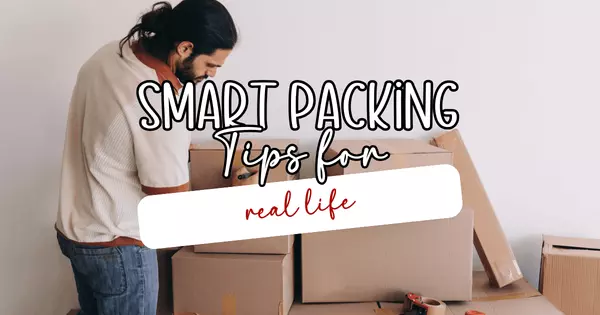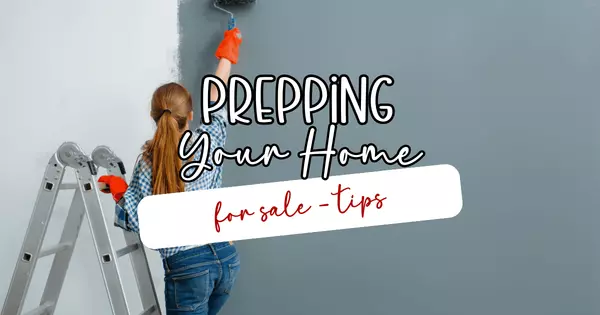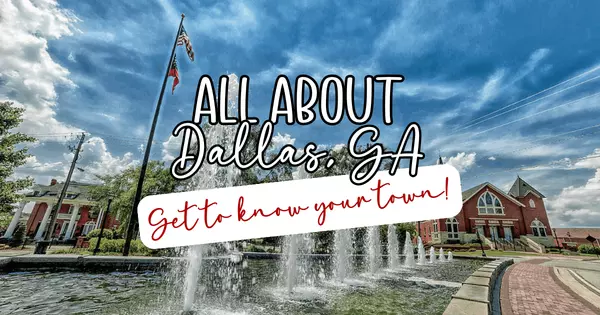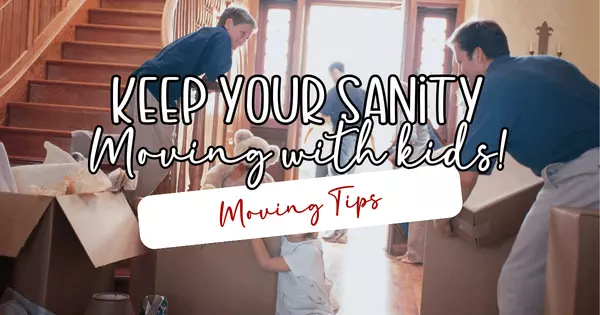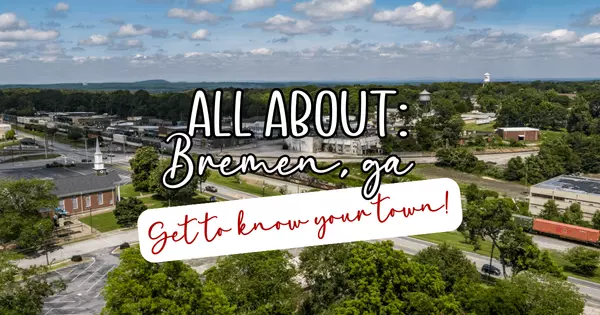
Company’s Comin’? Here’s How to Speed-Clean Like a Pro
Company’s Comin’? Here’s How to Speed-Clean Like a Pro We’ve all been there. That one friend calls and says, “Hey! I’m in the neighborhood—mind if I swing by real quick?”And just like that, you’re looking around your house thinking… I am not ready for this. Don’t worry. You don’t need to scrub every
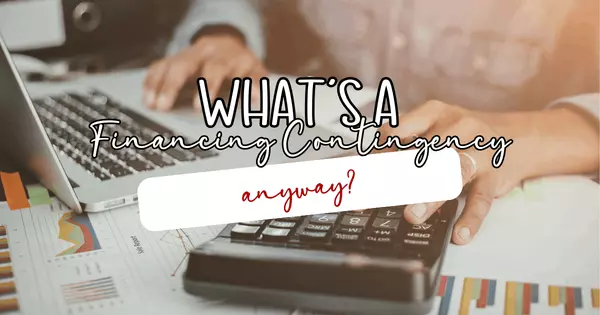
Let’s Talk About Financing Contingencies (and Why They Matter)
Let’s Talk About Financing Contingencies (and Why They Matter) So, you’re reviewing an offer on your house—or maybe you’re making one—and you see this phrase: “financing contingency.”And you're like... okay, cool… but what even is that? Don’t worry, friend. You’re not alone. Let’s break it down toge

Selling Your Home When You're Stressed Out (Because, Yeah—It's a Lot)
✨ Blog Post: Selling Your Home When You're Stressed Out (Because, Yeah—It's a Lot) Let’s be honest—selling your home is a lot more than just sticking a sign in the yard and waiting for offers. It’s emotional. It’s overwhelming. And yep… it can crank your anxiety up to 100 real fast. You’re packing u
Categories
- All Blogs (33)
- Affordability (3)
- Agent Value (6)
- Buying Tips (7)
- DIY (1)
- Downsizing (1)
- Economy (2)
- Empty Nesters (1)
- Equity (1)
- Featured (2)
- First-Time Buyers (3)
- For Buyers (18)
- For Sellers (16)
- Home Keeping (2)
- Home Prices (8)
- Infographics (3)
- Inventory (3)
- Local (5)
- Mortgage Rates (5)
- Moving Tips (2)
- Rent vs. Buy (1)
- Seasonal (2)
- Selling Tips (10)
- Things to Do (2)
Recent Posts



